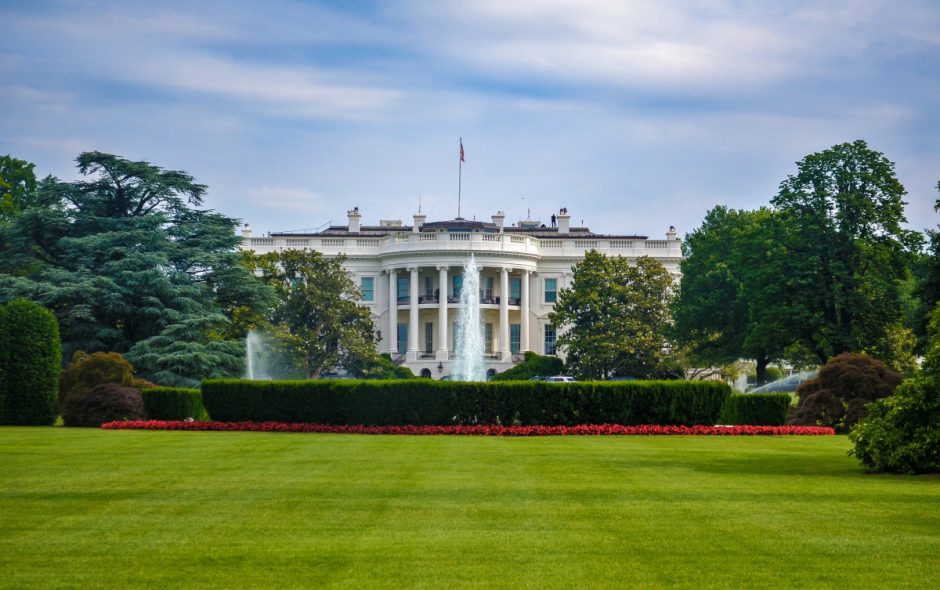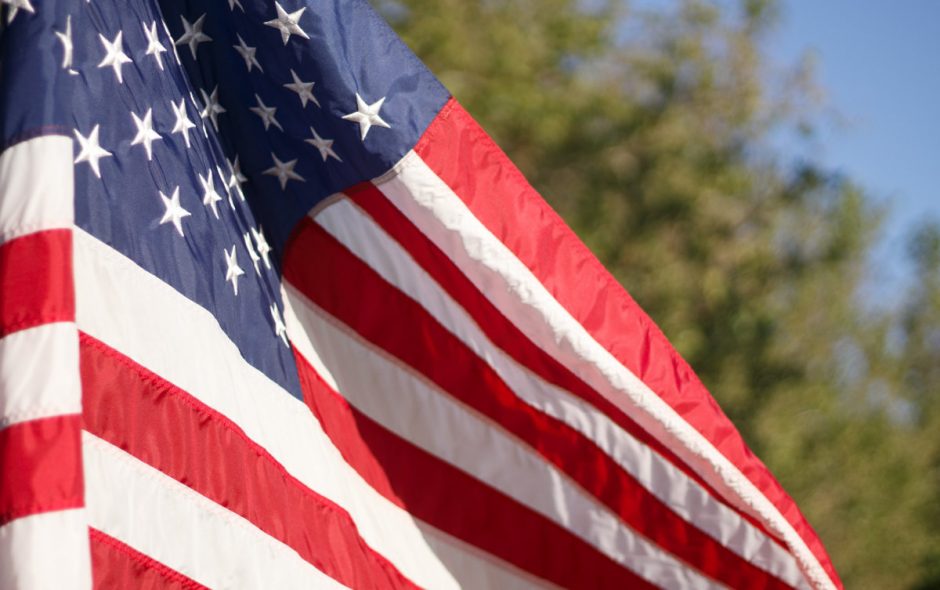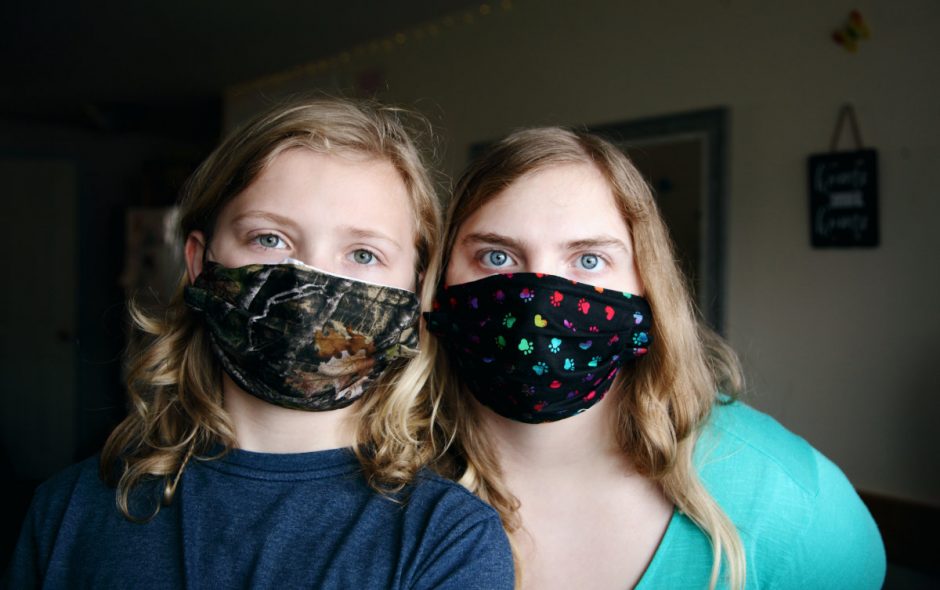I recently listed 16 things Americans can do in October 2020, in advance of our November election — because we fare better mentally, emotionally, and politically when we do things, not just wring our hands. Here are 16 more things Americans can do in October. (One’s a rerun.) These include remembering things that will give us a more stable, reasonable perspective as hysteria swirls around us; engaging with others in difficult but civil ways; and preparing our minds for some things that may happen.
[Photo credit for the feature image: Wolfgang Hasselmann at Unsplash.com. The elephants are not here as partisan symbols, but because they have thick skins (see #27 below) and a reputation for remembering.]
Think Reasonably About Politics and Government
17. Remember that George Washington isn’t running. Nor is Mother Teresa or Mohandas Gandhi.
Saints rarely run for high political office. Perfect people never do — because there aren’t any. And normally only the living run, no matter how faithfully the dead may vote in some jurisdictions.
Some years’ ballots are worse than others, and we have to make the best of a bad choice. Instead of deciding which of two or more good candidates for high office is better, we end up wondering which one is the smaller or less immediate threat to American liberty and the Constitution which protects that liberty; which is more likely to have his or her excesses restrained by Congress or a mostly-partisan media; which is less likely to cower before the world’s tyrants; and so forth.
Instead of wondering which candidate for school bus driver will start the students’ day better, contributing to their education by delivering them to the front steps of the school in the best mindset to learn and explore, we have to ask which of the unkempt, odd-smelling, foul-mouthed applicants is least likely to get a fully-loaded bus stuck across the railroad tracks in front of an oncoming train.
I’m afraid (as in 2020) it’s often too much to expect that the major party candidates for president have always been faithful to their own and others’ marriage vows, and have always treated the opposite sex with proper manners and respect. This is much to be regretted.
I’d like to see a day when it’s the rule, not the exception, that a major candidate will reliably and articulately tell us the truth in context, unvarnished, and unembellished. I don’t expect to see it soon. I’d like to see the day when — if that ever happens — it would be reported accurately, in context, and unspun.
We want to elect good, wise, and honest men and women to political office. As best we can, we should. But in our goodheartedness, misanthropy, or partisan loyalty, we shouldn’t be blind to any candidate’s real faults or virtues. Everyone I’ve ever seen on a ballot is a fairly fraught mix of both.









